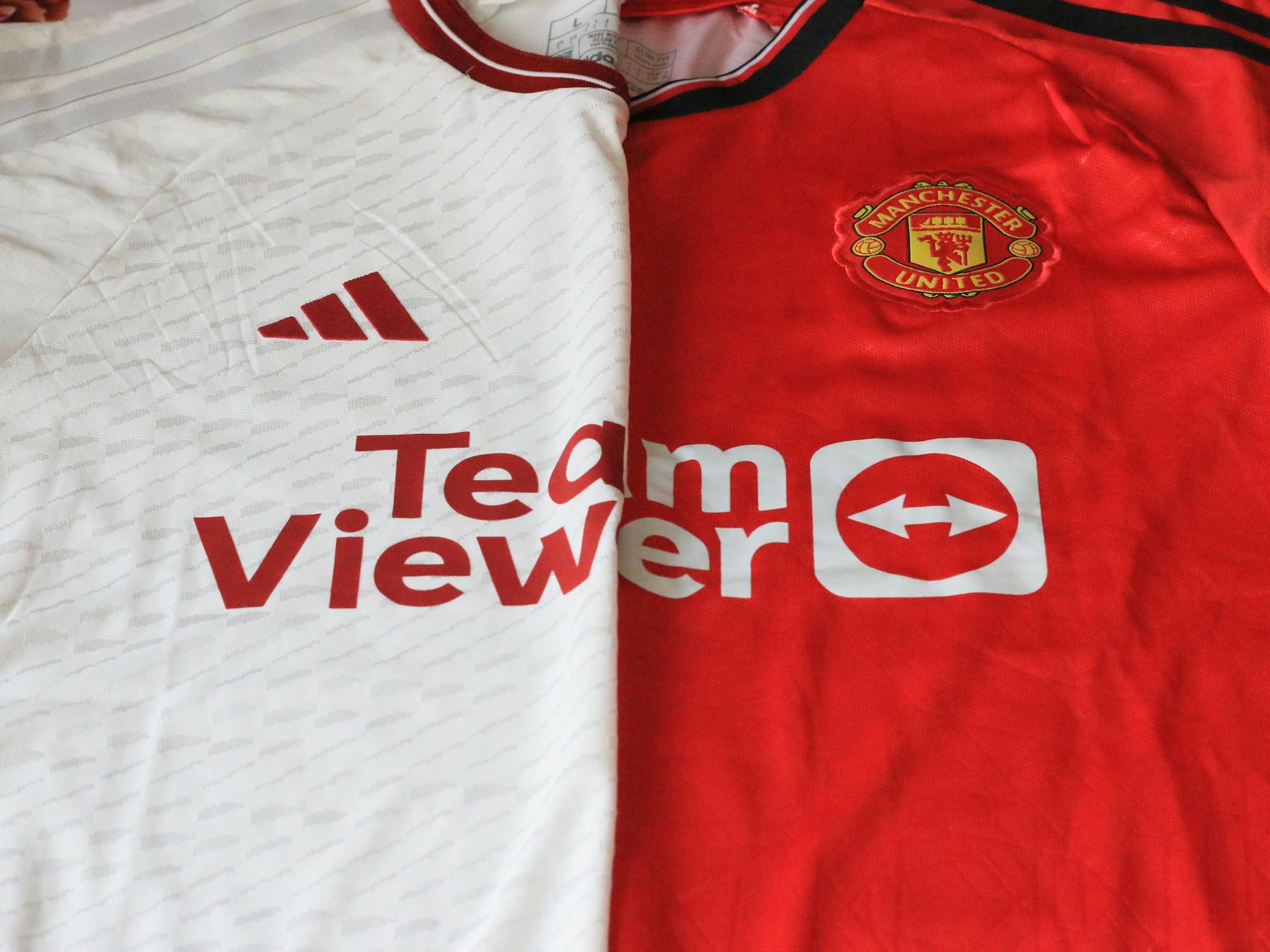Transgender Athletes Barred from Women’s Soccer in England After Legal Ruling

Beginning June 1, transgender women will be prohibited from participating in women’s soccer in England, as announced by the English Football Association (FA). The ban will apply at all levels—from top-tier professional leagues to local grassroots matches. This sweeping policy shift is a direct response to recent legal developments and has stirred passionate debate among players, activists, and sports officials alike.
The FA acknowledged the emotional impact the decision may have, especially on those already involved in the sport. Officials have reached out to the roughly 20 transgender women currently playing in amateur leagues to inform them of the new rules. The association insists it is trying to provide pathways for these players to remain engaged in football, even if not in the women’s divisions.
This move follows the UK Supreme Court’s recent judgment defining the legal term "woman" as biologically female, thereby excluding transgender women from the category in key contexts. The court’s decision is expected to influence policies related to gender-based access in facilities such as restrooms, hospital wards, and sports teams. While some applauded the decision, LGBTQ groups have expressed serious concern over its broader implications.
Prior to this ruling, the FA had allowed transgender women to play in women’s competitions if they could maintain testosterone levels under 5.0 nanomoles per liter for a year. That policy was informed by both scientific input and legal advice, and it conformed with guidelines set by UEFA and FIFA. However, with the new legal interpretation, the FA felt compelled to reassess its position.
LGBTQ advocacy group Stonewall condemned the FA’s decision, stating it was rushed and lacked clarity. They highlighted that the FA had long supported inclusion campaigns such as Rainbow Laces, yet the current action undermines those efforts. Stonewall emphasized that transgender people are still protected by law and deserve to be treated with dignity and fairness, which they feel this policy fails to achieve.
The FA said in its statement that it always intended to revise its approach if a major change in the law or scientific landscape occurred. They clarified that their decision is based on legal obligations and is not meant to single out any group unfairly. Nonetheless, the timing—so soon after the Supreme Court ruling—has left many wondering if due consideration was given to community feedback and the potential fallout.
In light of these developments, calls for further dialogue have intensified. FIFA, UEFA, and advocacy groups such as Athlete Ally have been asked to respond to the new policy. As the sports world watches how these changes unfold in the UK, questions remain about how other nations and sporting bodies will approach similar issues amid shifting legal definitions and societal values.
What's Your Reaction?





















